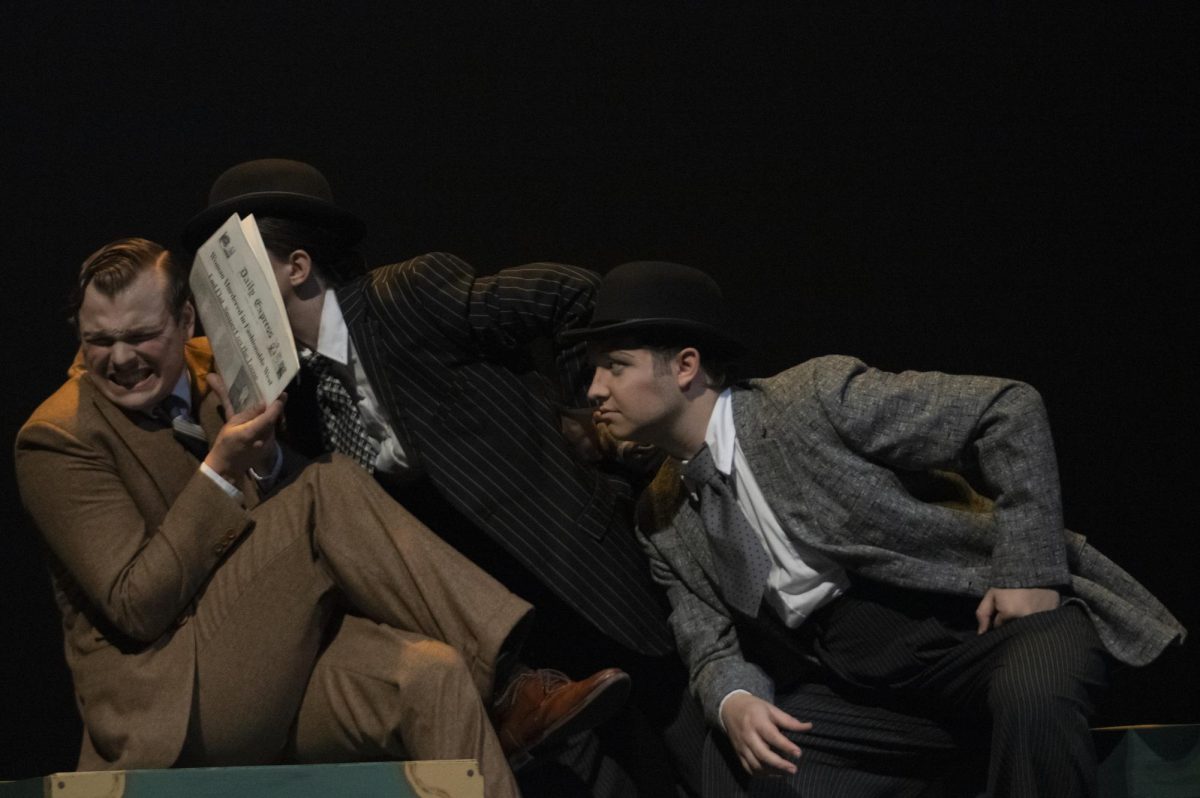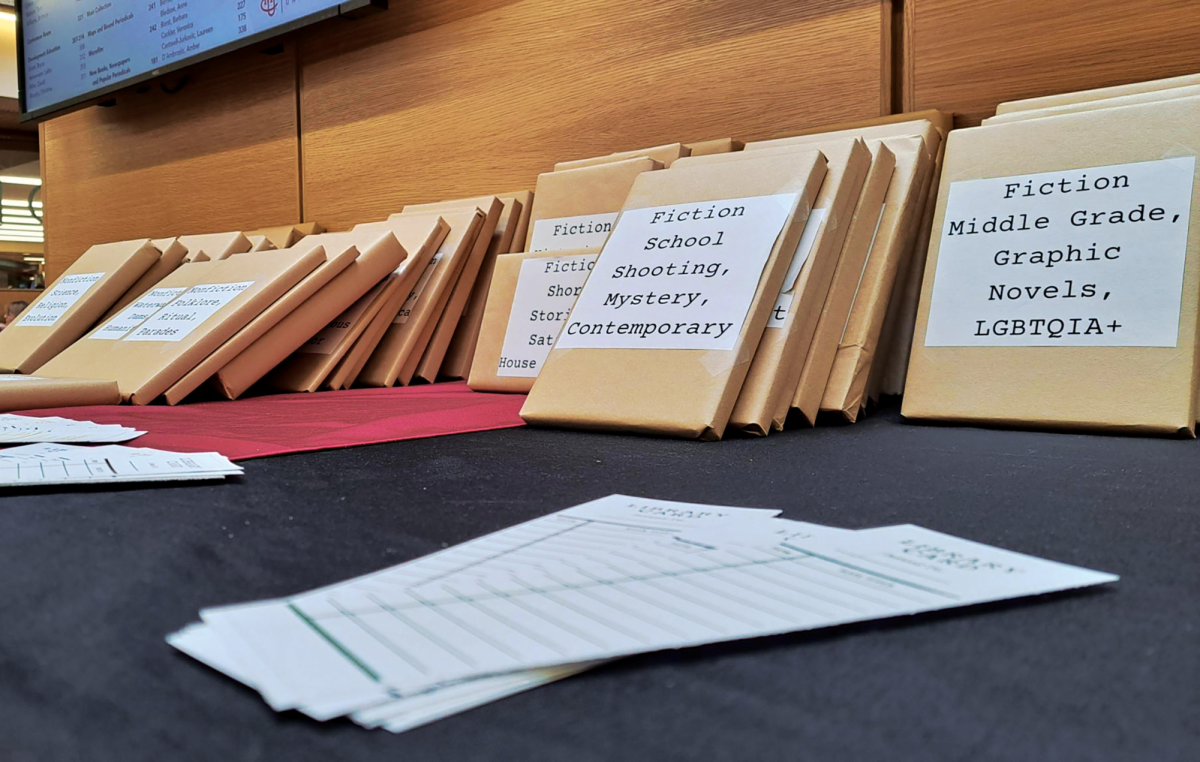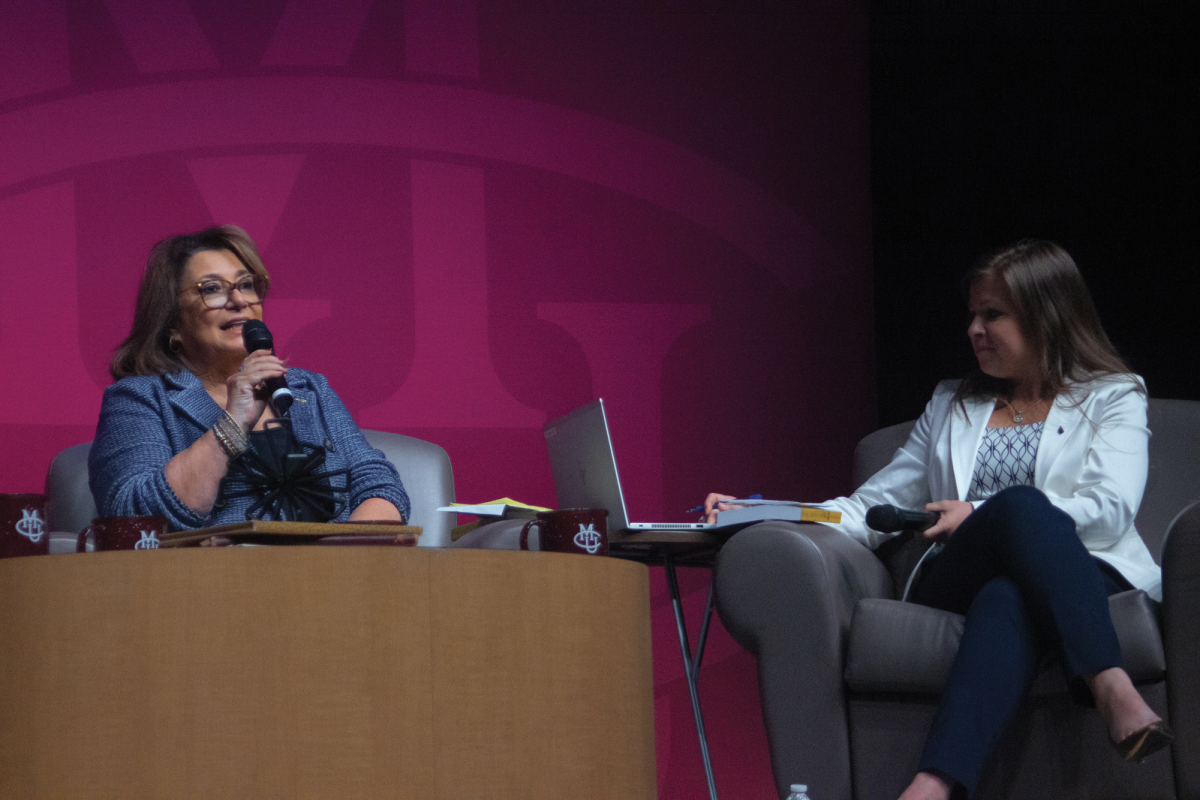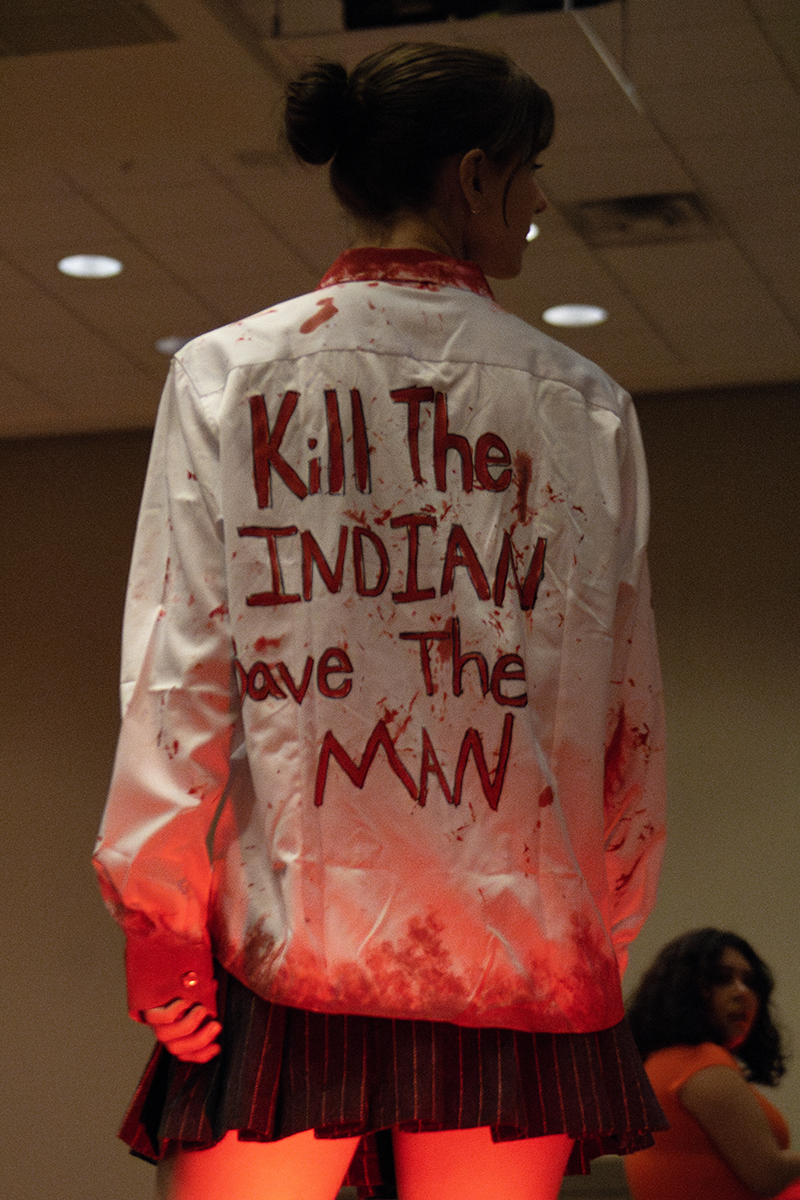“If you don’t think that people are capable of change then I don’t want you in the field of corrections or in my classroom,” Kate Dreiling, associate professor of criminal justice said.
[media-credit id=99 align=”alignleft” width=”300″] [/media-credit]
[/media-credit]
Before coming to Colorado Mesa University Dreiling spent years in the field of corrections that helped lawbreakers rejoin society. Her focus was mainly with youth in juvenile corrections and reform. Along the way, she has worked in a variety of settings including a juvenile prison and several group homes and half-way houses, mostly in Minnesota.
“I have worked with an incredibly wide variety of kids: kids who have had very minimal delinquency backgrounds, like truancy, running away from home and drug issues, but also kids who have committed some pretty serious violent and sex crimes,” Dreiling said.
Her days out in the field were never the same. Dreiling explained that every day was different and “never monotonous”. After working with a variety of young people she began teaching at CMU in 2011.
“I try to continuously remind every student in my classroom that everybody you may work with in corrections are people too,” Dreiling said. “It is extremely easy to dehumanize someone and only see them for the crimes they have committed. You have to remember that these people are more than just their criminal history.”
In addition, like most criminal justice faculty, Dreiling emphasizes practical learning.
“I really try to encourage my students to get experience whether it is through internships, volunteering or whatever.”
“Our students will learn a lot from us faculty, from their books and in the classroom but to really understand what is going on in the field you have to be out there.”
Michael Delaney another criminal justice professor at CMU has prior experience as a defense attorney.
During his time as a lawyer, “about 65%” of his cases Delaney worked for criminals, where he served as legal counsel and defended them in court.
[media-credit id=99 align=”alignright” width=”300″] [/media-credit]
[/media-credit]
“The criminal defense stuff paid the rent and it brought a lot of business because most of the guys who hired me were wither going to end up back in my office themselves or they knew someone else who would,” Delaney said.
Criminal defense can be a difficult moral area for some attorneys to practice. However, Dr. Delaney says he never had too much of a problem defending criminals, whether they were guilty or innocent.
“I always felt that it is not my function to determine if my client is guilty. It is my function to protect their constitutional rights. If I do the best I can, and I know that I have done my job sufficiently, and my client still gets convicted then so be it, that’s the way it is supposed to work.” Delaney said. “The prosecutors push for their side and I push for my side and somewhere in the middle we find justice.”
However, it wasn’t all peachy and after many years Delaney grew tired of being an attorney.
“After 20 years, I was quite frankly burned out of practicing law and the constant fighting that comes with it,” Delaney said. “I went to the courthouse and fought every day. I got tired of fighting. It wasn’t just the other side I had to fight but the judge, the jury and most of the time I even had to fight my own clients.”
His joy came from teaching which he did part time at the University of Cincinnati, but he did not have a doctorate degree to pursue teaching full time. He ended going back to school to get his doctorate and began teaching.
“I hope I can instill in students to not just have an opinion but to have an educated opinion,” Delaney said. “I don’t care, in my classes, if you are conservative or liberal, democrat or republican. I don’t care as long as you know the facts and can look at all sides of an issue.”
“My teaching philosophy is that I never want to fight my students like I had to fight in court.”
‘It isn’t me versus the students. I want my students to succeed because when my students do well that means I did well teaching them.” Delaney said.
The faculty do, quite certainly, have quite a bit of experience to draw from when they teach. Not only do Dr. John Reece, retired sergeant in the grand junction police, and Jane Quimby, with more than twenty years as an FBI agent, bring their experience to the criminal justice students but so do Dr. Kate Dreiling and Dr. Michael Delaney with their extensive backgrounds in corrections and in law.
“I wanted to come to a small school that stressed teaching so I could have contact with my students and personally share my experience.” Delaney said. “I don’t have the income I used to but I am happy. I can’t think of anywhere else I’d like to be.”








